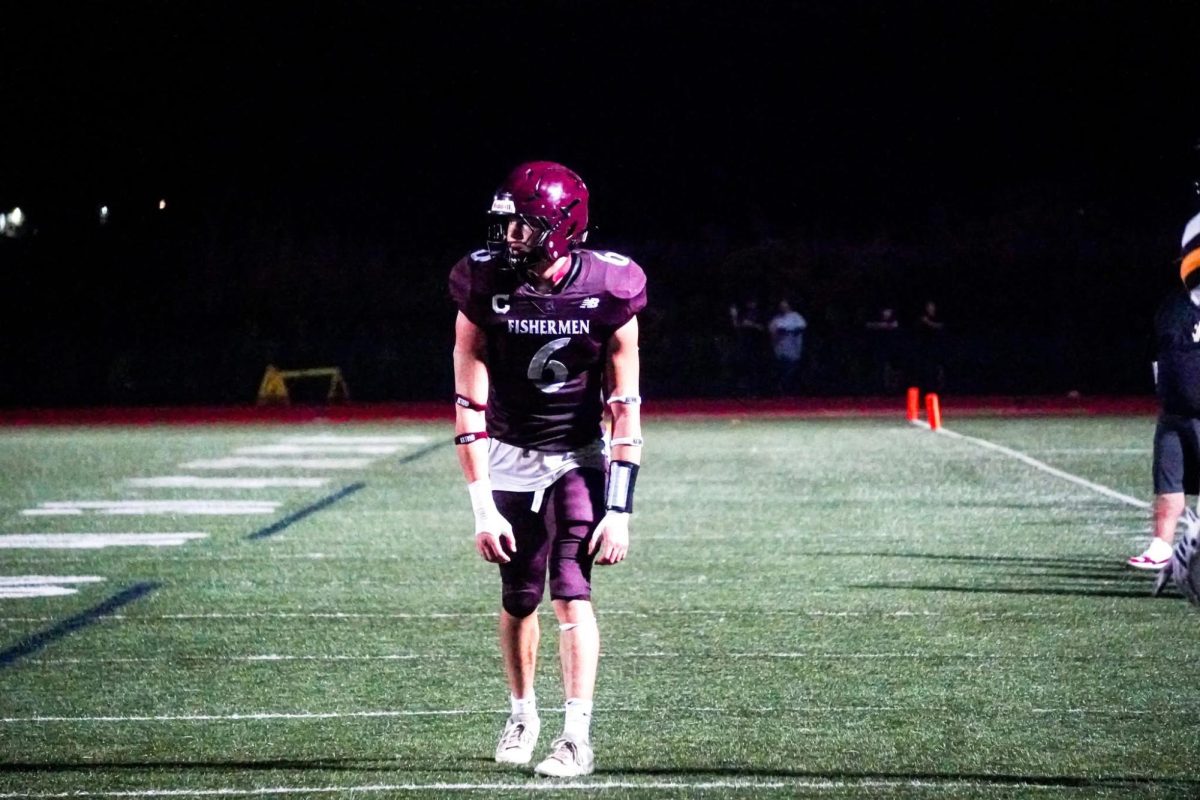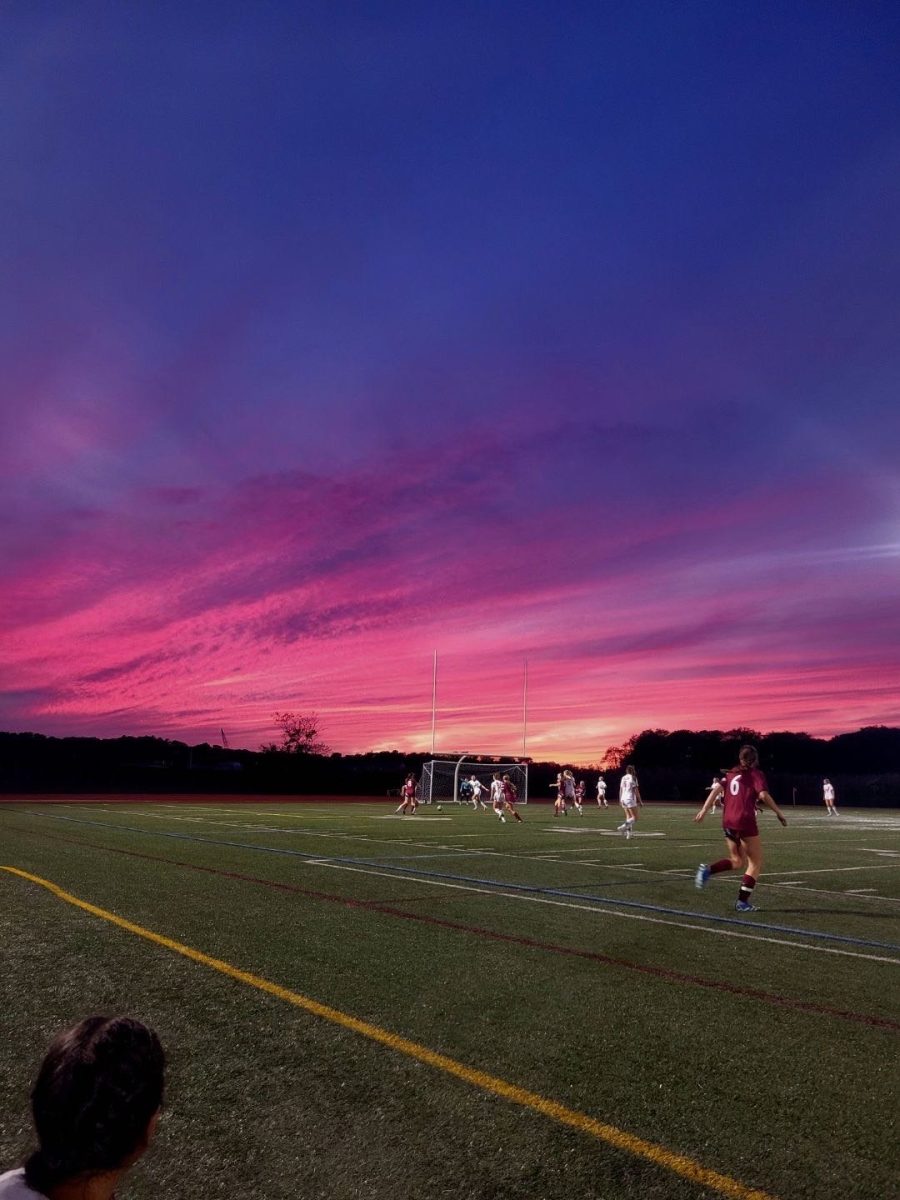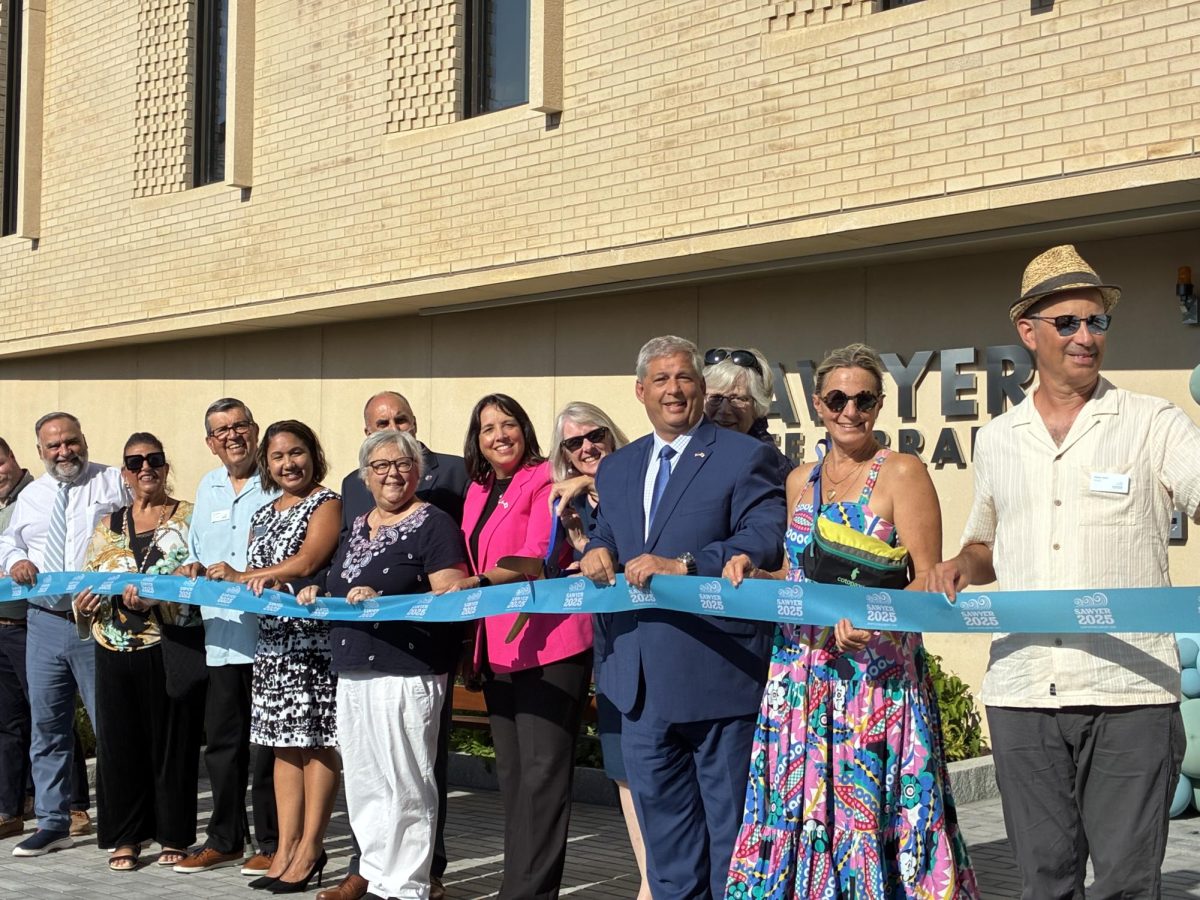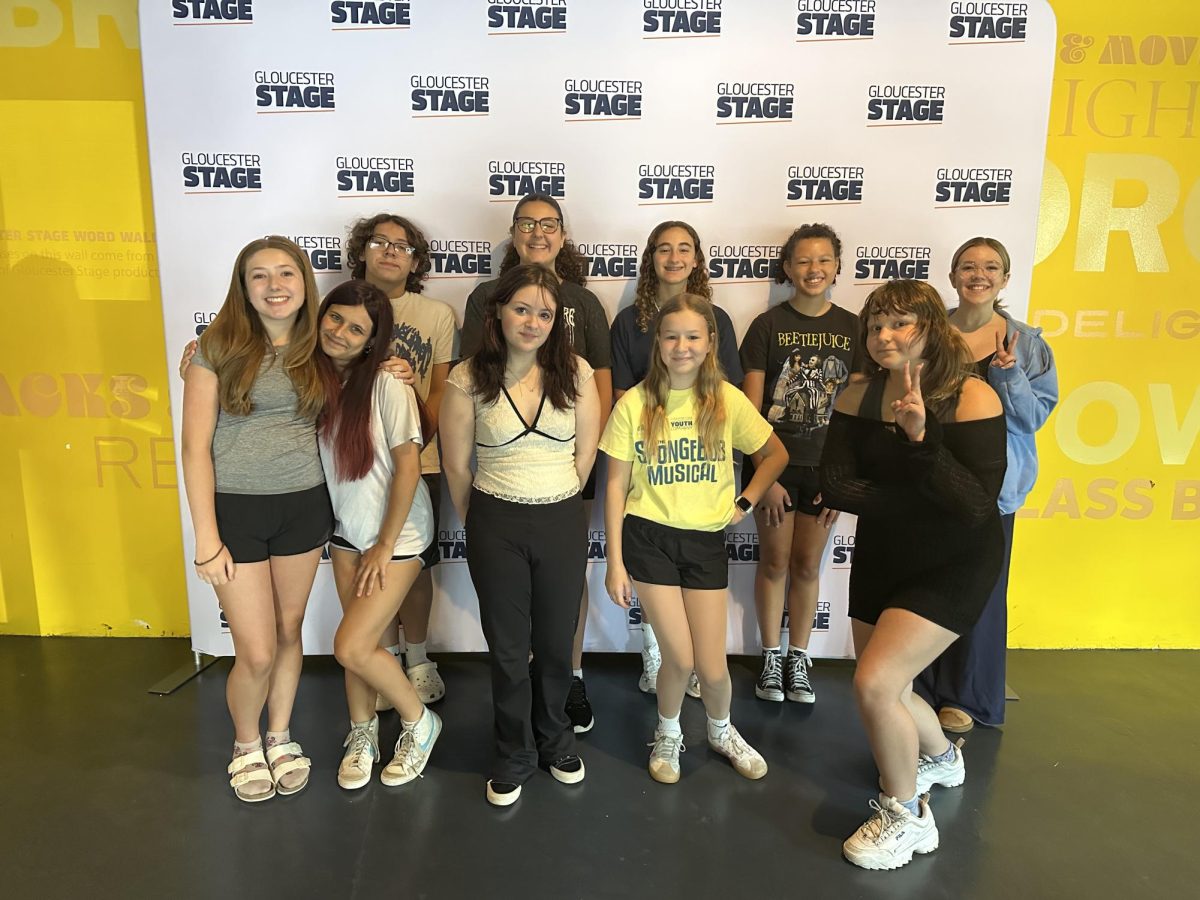On most internet platforms, a search for a given Gloucester High junior on Instagram or Google might bring up articles about the Varsity basketball team, community service, or photos of him and his family on vacation. On the surface, this student’s internet presence creates a positive image.
Yet a recently popularized social media platform called “Tea” paints a different picture. A search of this junior’s name on “Tea” brings up a screenshot of his face taken from an unflattering angle. Comments on the photo read, “@baddie67: such a player,” “@FBIagent42: Hella chopped,” and “@menhater189: Maybe it’s just autism.” Underneath his picture, there is an icon labelled “green flag” with a count of 9 next to it, and “red flag” with a count of 32.
The app “Tea” was created in 2023 by businessman Sean Cook after his mother was catfished while online dating. Its original purpose was to protect women against “catfish, sex offenders, or cheaters.”
The app didn’t become popular until the summer of 2025. In July, its name was marred by a massive data breach. 72,000 photos submitted by users — including verification photos of women’s IDs – were leaked, as well as an additional 59,000 screenshots of comments and posts on the app.
Despite the app’s controversial past, “Tea” has become popular among students. Several Gloucester high schoolers admit to using it within the past week.
Once in the app, users enter their location, and profiles of young men in their area will come up. If a person they’re looking for is not already on the app, they can create a “profile” for this person by uploading a photo of them. Then, any user of the app can leave comments under this photo. There is also the option to “red flag” or “green flag” a man. Counts of each flag category and comments are publicly displayed under each profile.
A notable feature of the app is that there’s no way to verify if comments are true.
Velia Wrinn, a Gloucester High senior, downloaded the app after hearing about it from friends and found numerous profiles made of her male classmates. She said she found most of the comments to be word-of-mouth, which defeats the purpose of how the app was meant to be used.
“It was more so gossip, like , ‘Oh I heard they did this together,’”” Wrinn said. “It’s unnecessary to spread information that you may not know is true.”
Users are only allowed to make a profile if they submit a photo of their ID proving that they are female. The Tea website claims that this is to ensure it is a “women-only space,” and it uses artificial intelligence to “verify the user’s gender.”
Yet many male Gloucester High students have recently accessed the app. Junior Cole Mosley-Wynn was able to see a post about himself through his friend, who faked being a woman to get on the app.
“Personally, my confidence went down seeing the things people said about me and others,” Mosely-Wynn said. “I thought, ‘Do people really think of me like that,’ and ‘Do people really see me in that way?'”
Rosa Goulart, the Gloucester High Health teacher and Mental Health Ambassadors leader, has witnessed the effects of the app on her students’ mental health.
“The only way I knew about this app was when I had a student come to me with tears in his eyes saying that he was on it, that he had 15 red flags, and the comments were horrible,” Goulart said.
Joseph Porcello, another Gloucester High Junior, has witnessed how his friends ‘profiles on Tea have impacted their self-confidence. He also notes the legal issues the app brings up. “You can post people without their consent– so you can create a profile for somebody who’s a minor if you’re not a minor,” Porcello said.
“It could turn into defamation.”
Though posting photos of minors is not technically illegal in Massachusetts, defamation— defined by MincLaw as “written or published false statements that damage someone’s reputation” — is. But “Tea” users have a way around this: they do not have to use their real name in their accounts.
“Peoples’ voices are stronger when they stay anonymous, and can be more hurtful when they stay anonymous,” Goulart said. She believes the app is comparable to “anonymous bullying.”
The impact of “Tea” on Gloucester High students fits into the broader trend of the rise of cyberbullying, or the use of technology to harass or embarrass another person, across the United States. From 2019 to 2025, the percentage of American teenagers who experienced cyberbullying rose from 17.2 to 32.7 percent.
Gloucester High Adjustment Counselor Jess Joss notes how negative online interactions can perpetuate underlying mental health conditions for teens.
“It can lead to unsafe or risky behavior, as a way of coping,” Joss said. She also emphasizes the importance of learning about what it means to have a digital footprint in the context of “Tea”.
“We can never take back our words– once we put something out there, it’s out there, and it’s the same on social media: Once we put something out there, it’s an element of public consumption. So you have to keep that in mind when you’re using any sort of social media, ‘How could this impact me negatively?’ “
Apps like “Tea” represent how social media has impacted the experience of being a teenager. “People can make accusations, and defame your character really easily in this culture, which we didn’t have to deal with years ago because we didn’t have that,” Joss said.


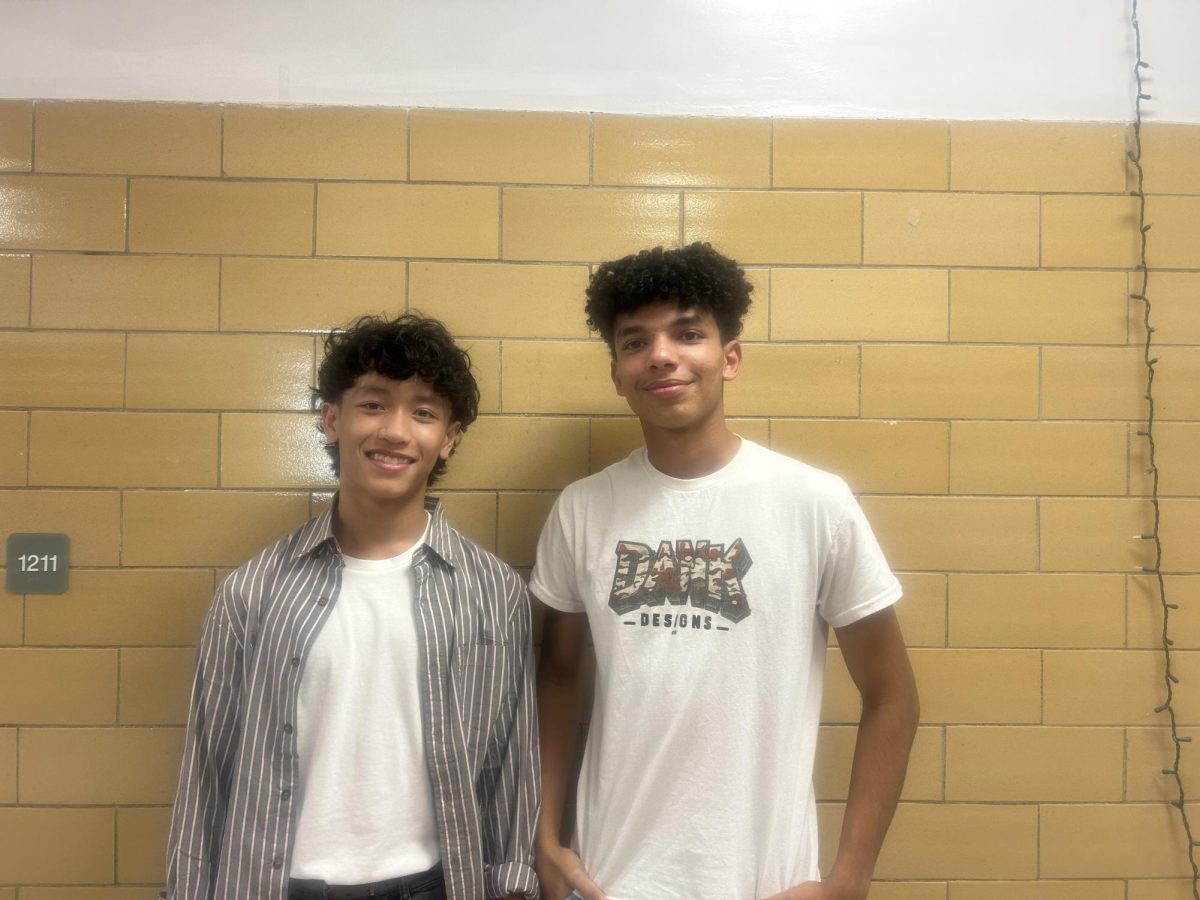
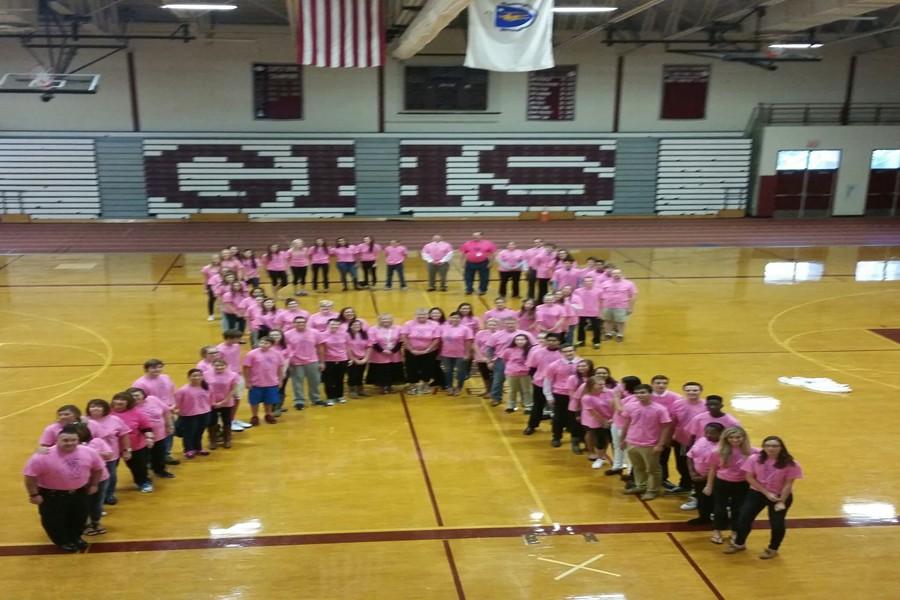






![The GHS/MERHS senior cross country runners pose together on Senior Night. [Photo courtesy of Manchester-Essex Athletics]](https://thegillnetter.com/wp-content/uploads/2025/10/Screenshot-2025-10-10-at-11.18.29-AM.png)
